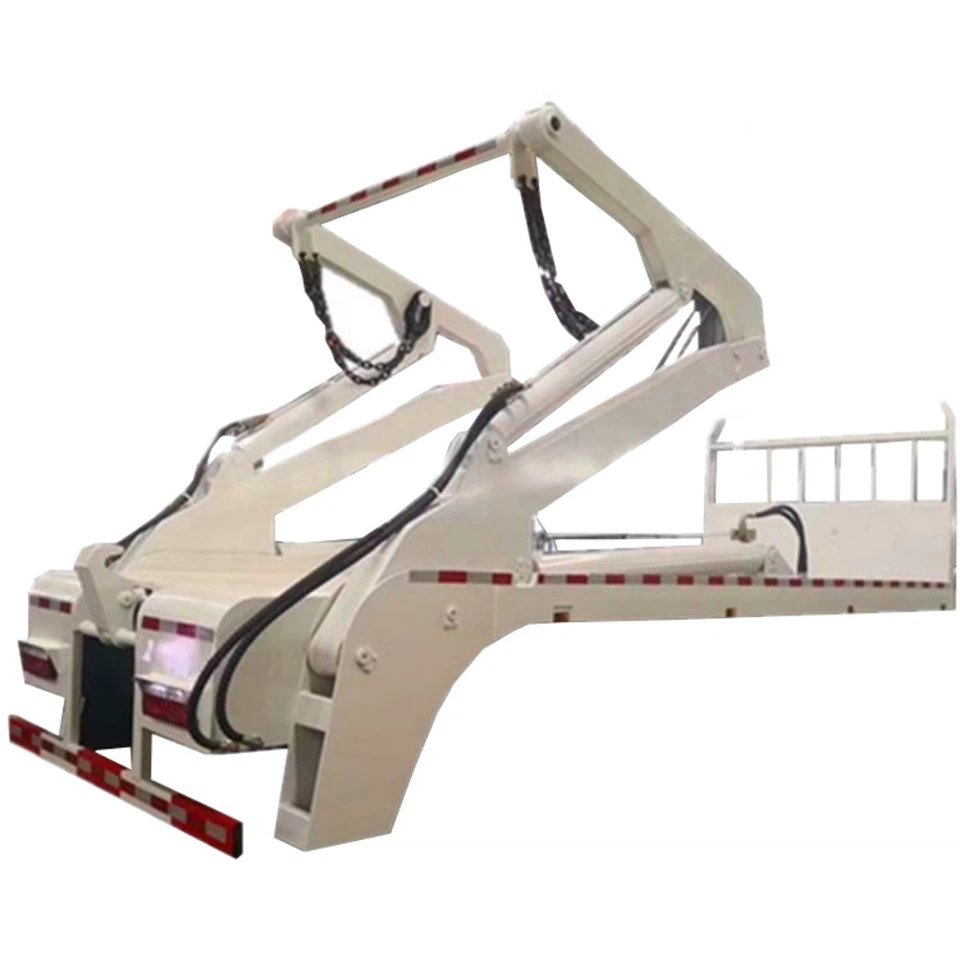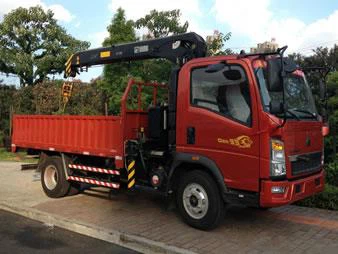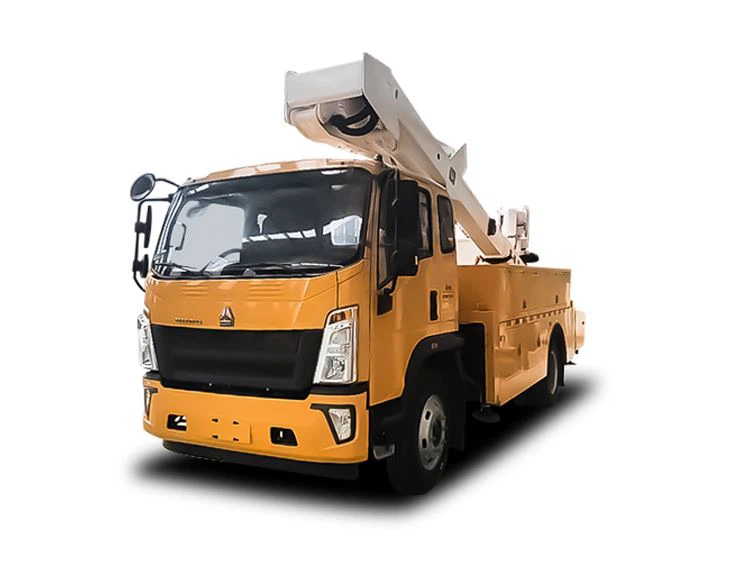Exploring the Different Kinds of Dump Trucks: A Comprehensive Guide

Dump trucks are essential vehicles in the construction and transportation industry. They are versatile machines designed to carry and deliver a wide range of materials. Understanding the different kinds of dump trucks available can help you make informed decisions whether you are renting, purchasing, or operating them. This article delves into the various types of dump trucks, their uses, advantages, and practical tips for choosing the right one for your needs.
1. What is a Dump Truck?
A dump truck is a type of vehicle designed to transport loose materials such as sand, gravel, and dirt. They feature a bed that tilts or dumps to unload the contents quickly. Whether for construction, mining, or landscaping, dump trucks play a crucial role in various industries.
2. The Different Kinds of Dump Trucks
There are several types of dump trucks, each suited to specific tasks. Below are the primary categories:
2.1 Standard Dump Truck
The standard dump truck features a simple design with a cab, chassis, and an open-box bed. This type is commonly seen in construction sites and general hauling operations.
Applications:
- Construction sites
- Landscaping projects
- Roadwork
2.2 Semi-Trailer Dump Truck
Designed for heavy-duty work, semi-trailer dump trucks consist of a tractor unit attached to a trailer. They provide increased load capacity and stability.
Advantages:
- Higher payload capacity
- Better fuel efficiency
- Flexibility in transporting materials
2.3 Articulated Dump Truck

Articulated dump trucks are designed for off-road applications, featuring a joint between the cab and the dump box. This allows for better maneuverability on rough terrains.
Ideal Use Cases:

- Mining operations
- Heavy construction sites
- Quarries
2.4 Transfer Dump Truck
This type consists of a standard dump truck with a trailer that allows for an additional payload. The trailer can transfer materials between locations, making it efficient for long hauls.
Benefits:
- Increased capacity for longer trips
- Versatile for different materials
2.5 Side Dump Truck
Side dump trucks unload materials from the side rather than the back. This prevents the need for turning and allows for precision in tight spaces.
Use Cases:
- Narrow job sites
- Situations requiring quick unloading
2.6 Double and Triple Trailer Dumps
These trucks are equipped to tow multiple trailers, increasing their load capacity significantly. They are used mainly for large-scale operations.
When to Use:
- Large construction projects
- Heavy civil engineering tasks
2.7 Compact Dump Truck
These are smaller versions of traditional dump trucks and are designed for urban environments where space is limited. They are ideal for landscaping and smaller construction jobs.
Features:
- Easy maneuverability
- Can fit in tight spaces
3. Factors to Consider When Choosing a Dump Truck
Choosing the right dump truck involves several considerations to ensure it meets your specific requirements:

3.1 Load Capacity
Different dump trucks have varying load capacities. Evaluate the maximum weight of the materials you will be transporting to select an appropriate truck.
3.2 Terrain Type
Consider the terrain on which the dump truck will operate. Off-road applications may require articulated or compact versions, while on-road uses might favor standard or semi-trailer dump trucks.
3.3 Fuel Efficiency
Operating costs are significant in the long term. Look for dump trucks with better fuel efficiency ratings to minimize expenses.
3.4 Maintenance and Reliability
Some dump trucks require more maintenance than others. Research the reliability and maintenance needs of specific models to ensure uninterrupted operations.
4. Tips for Operating Dump Trucks Safely
Operating dump trucks safely is crucial for avoiding accidents and ensuring efficient work.
4.1 Pre-Operation Checks
Always conduct thorough inspections before using a dump truck. Check fluid levels, tire pressure, and the condition of the bed and hydraulic system.
4.2 Proper Loading Techniques
Distribute the load evenly to avoid tipping. Be cautious with heavy materials and abide by load limits specified by the manufacturer.
4.3 Safety Gear
Always wear appropriate safety gear, including helmets, gloves, and steel-toe boots. This protects against potential hazards on the job site.
5. Practical Examples of Dump Truck Uses
| Dump Truck Type | Example Use Case | Advantages |
|---|---|---|
| Standard Dump Truck | Hauling gravel for road construction | Cost-effective and versatile |
| Semi-Trailer Dump Truck | Transporting bulk soil over long distances | Higher payload, better fuel efficiency |
| Articulated Dump Truck | Mining operations | Excellent off-road capability |
| Side Dump Truck | Discharging materials in confined spaces | Quick unloading, space-efficient |
6. Innovations in Dump Truck Technology
With advancements in technology, dump trucks are becoming more efficient and safer to operate.
6.1 GPS Tracking
Modern dump trucks often come equipped with GPS systems that enhance routing and load tracking, improving efficiency on job sites.
6.2 Automation
Some manufacturers are developing automated dump trucks that can operate without human intervention. This can increase safety and efficiency in hazardous environments.
6.3 Enhanced Safety Features
Newer models are equipped with advanced safety features such as collision detection systems and improved visibility options for operators.
7. Frequently Asked Questions (FAQ)
7.1 What is the best type of dump truck for construction?
The standard dump truck is often preferred for construction due to its balance of capacity, maneuverability, and cost.
7.2 How do I determine my dump truck’s load capacity?
Load capacity is typically specified by the manufacturer in the truck’s documentation. It can also be determined based on axle ratings and the overall design of the vehicle.
7.3 Are articulated dump trucks more expensive to maintain?
Articulated dump trucks may have higher maintenance costs due to their complexity, but they are often worth the investment for heavy-duty work in challenging terrains.
7.4 Can I use a standard dump truck for off-road activities?
Standard dump trucks can handle some off-road tasks, but articulated or compact dump trucks are generally better suited for rugged terrains.
7.5 What safety measures should I follow while operating a dump truck?
Always perform pre-operation checks, ensure proper loading techniques, and wear appropriate safety gear.
7.6 How often should I maintain a dump truck?
Regular maintenance should be conducted based on the manufacturer’s recommendations, typically every few hundred hours of operation, or after heavy usage.
